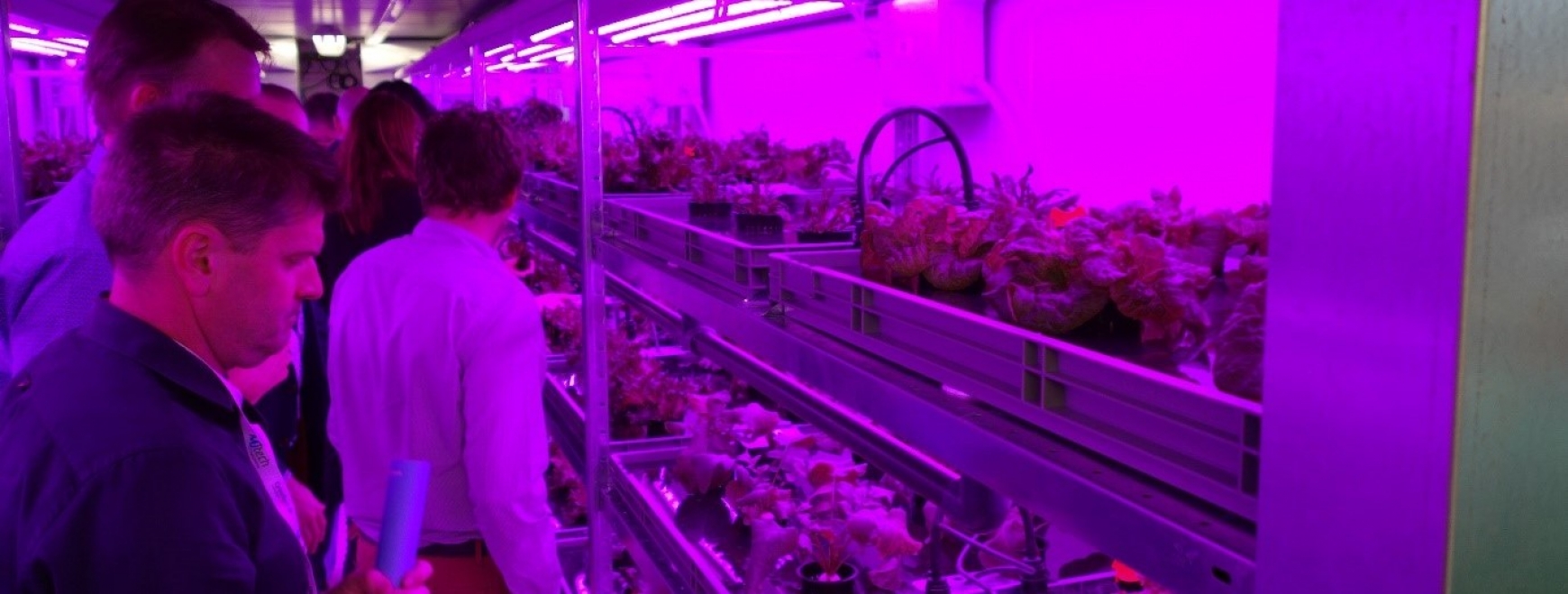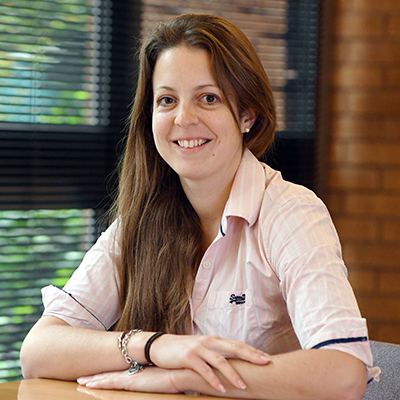We are often led to believe that the future of horticulture will be vertical farming (VF) facilities growing crops in soilless substrates, using systems such as hydroponics, aquaponics and aeroponics. The nature of VF usually means a completely controlled environment, requiring lighting, irrigation and cooling, all of which add up to high operating costs. Ideally, energy and water would be produced sustainably and follow the principles of a circular economy. One organisation doing just that is SweGreen. The innovative urban farming company based in Stockholm is keen to revolutionise the industry by implementing ‘smart’ technologies to optimise the growing of local produce.
However, given the high cost of production, crops must be of high value and often tend to be niche varieties of salads or herbs. It is one thing to grow trendy salad varieties for the wealthy urban elite, but how can this help to feed an expanding world population?
World Wildlife Fund (WWF) recently released a report on the environmental and economic viability of using VF to grow a wider variety of fruit and vegetables on a larger scale. WWF’s findings were optimistic, particularly regarding the diverse spheres of technology which can be exploited and combined for the benefit of the industry.
The likes of SweGreen are vital, therefore, to help further progress in the urban and vertical farming sector. However, the focus should not solely be on economics, but also on sustainability and environmental impact. In regions where conventional horticulture is not viable, VF can offer a solution, but until a more diverse range of crops can be grown, it is unlikely to become the norm. That said, the vision of many vertical farmers is admirable, perhaps akin to Tesla’s innovation and ambition to produce environmentally friendly electric vehicles for the masses; yes, the first models will be expensive and elitist, but they will serve as a proof of concept, leading to mass marketability.
For more information, check out the GrowSave website. GrowSave is a knowledge exchange programme to help farmers and growers save energy that we provide for AHDB.


